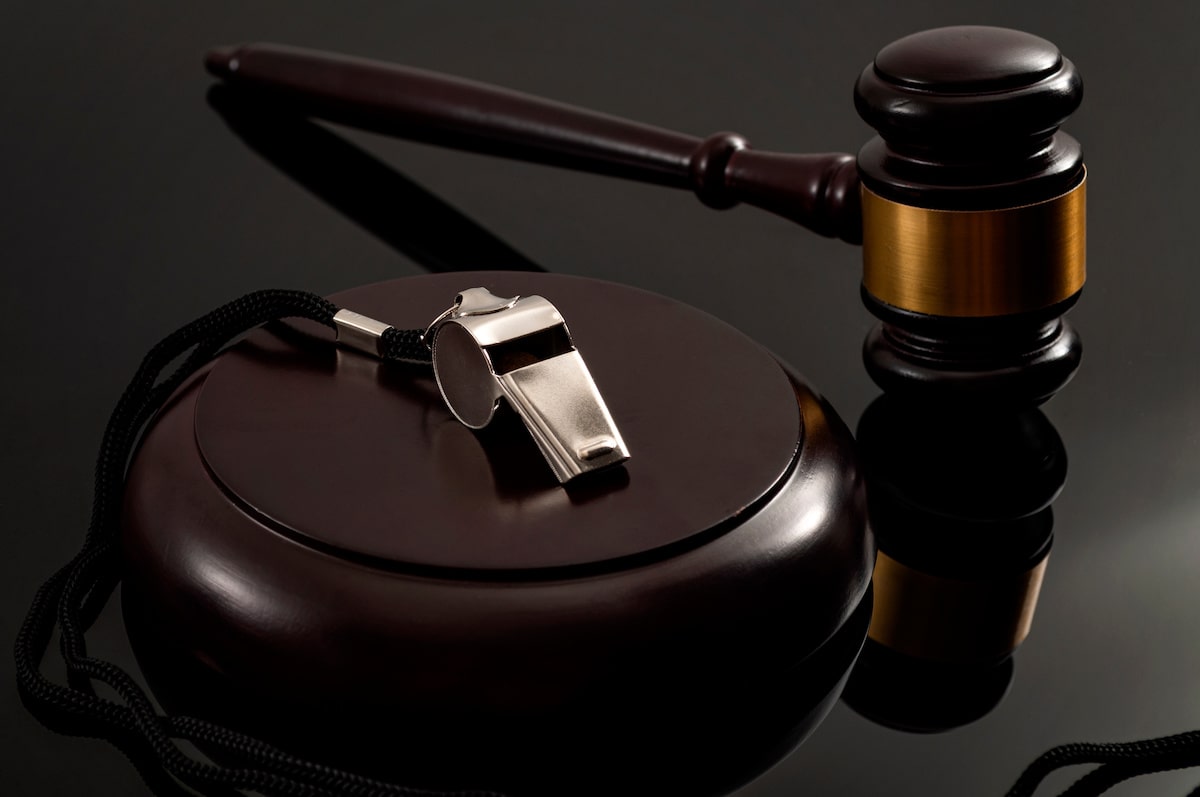In the aftermath of Hurricanes Irma and Maria, the two-catastrophic category five hurricanes that struck the U.S.V.I. in the space of twelve days, many residents are still in survival mode as they deal with the lingering psychological and physical damage. As the resilient Virgin Islanders continue to rebuild, the next ordeal for those affected will entail dealing with their insurance company regarding the damage to their homes and businesses. Many, including myself, can still vividly recall the failures of prior insurers following Hurricanes Hugo (1989) and Marilyn (1995) and the rippling economic effect that followed. Depending on the extent of damages, insureds may want to consider hiring a licensed and experienced public insurance adjuster to represent their interests.1
What duties do the insurance carriers owe to their insureds?
The Virgin Islands Code2 recognizes and specifically provides that,
The business of insurance is one affected by the public interest, requiring that all persons be actuated by good faith, abstain from deception, and practice honesty and equity in all insurance matters. Upon the insurer, the insured and their representatives rests the duty of preserving inviolate the integrity of insurance.
The Code broadly defines “insurance transactions” to include virtually all activities from the beginning to the end of the insurance relationship, including (1) solicitation, (2) negotiations preliminary to execution of an insurance contract, (3) execution of an insurance contract, (4) transaction of matters subsequent to execution of the contract and arising out of it, and (5) insuring.3
Along the same line, Virgin Islands law prohibits any person engaged in the business of insurance from engaging in unfair methods of competition or in unfair or deceptive acts or practices in the conduct of such business, which includes the adjusting of a claim for benefits.4 Under Virgin Islands law, the carriers also must not misrepresent the facts or policy provisions;5 and must promptly pay claims, which usually means payment within thirty days after a proof of claim has been filed.6
In addition to the express contractual obligations set forth in the policy and the statutory provisions, Virgin Islands caselaw also imposes a common law duty upon the insurer to act in good faith towards the insured.7
What remedies are available if the carrier does not fulfill its duties?
In addition to an action for breach of contract, the Virgin Islands recognize the tort of bad faith. As one court explained:
A person who is an insured, can sue the insurance company under a claim of bad faith under certain circumstances. If, after the insurance company did an investigation, the company decided that the claim was valid, but it refused to pay the claim, or the insurance company intentionally refused, or failed to investigate whether there was any lawful reason for denying the claim, then it may be liable to the person to whom it issued the policy for its bad faith.
Likewise, bad faith may exist if the insurance company unreasonably, purposefully and in bad faith withholds, or tries to evade paying the claim of the person it had insured.8
To make out a cause of action for the tort of bad faith in the Virgin Islands, a plaintiff must show: (1) the existence of an insurance contract between the parties and a breach by the insurer; (2) intentional refusal to pay the claim; (3) the non-existence of any reasonably legitimate or arguable reason for the refusal (debatable reason) either in law or fact; (4) the insurer’s knowledge of the absence of such a debatable reason or (5) when the plaintiff argues that the intentional failure results from the failure of the insurer to determine the existence of an arguable basis, the plaintiff must prove the insurer’s intentional failure to determine the existence of such a debatable reason.9
Hopefully, in the adjustment of the claims that will follow, the carriers that serve the territory (and their representatives) will remain mindful and fulfill their obligations to the residents of the USVI.
______________________________
1 The Virgin Islands Division of Banking and Insurance licenses and regulates public adjusters. “‘Public adjuster’ means a person, who for money, commission, or any other thing of value, prepares, completes, or files an insurance claim form for an insured in negotiating for or effecting the settlement of a claim or claims for loss or damage covered by an insurance contract or who advertises for employment as an adjuster of such claims.” 22 V.I.C. § 751a(3). Public adjusters are generally compensated at a percentage of the proceeds that they recover from the insurance company. The maximum fee that a public adjuster can charge on residential losses is 5%. See http://ltg.gov.vi/downloads/forms/b&i/Bulletins/bulletin_re_public_adjusters_fees.pdf.
2 22 V.I.C. § 2.
3 22 V.I.C. § 5.
4 22 V.I.C. § 1201(a).
5 22 V.I.C. § 1204.
6 22 V.I.C. § 228(a).
7 Charleswell v. Chase Manhattan Bank, N.A., 308 F.Supp.2d 545, 572, 45 V.I. 495, 527 (D. VI. 2004); In re Tutu Water Wells Contamination Litigation, 78 F.Supp.2d 436, 442, 42 V.I. 299, 308-309 (D. VI. 1999); Justin v. Guardian Ins. Co., 670 F.Supp. 614, 616, 23 V.I. 278, 281-282 (D. VI. 1987); see also Restatement (Second) of Contracts § 205, entitled “Duty of Good Faith and Fair Dealing” (“Every contract imposes upon each party a duty of good faith and fair dealing in its performance and its enforcement.”).
8 Justin, 670 F.Supp. at 616, 23 V.I. at 280, n.3 (D. VI. 1987). (But, “an insurance company is not guilty of bad faith for refusing to pay the claim of a person who is an insured where there is a debatable question of coverage. Nor is an insurance company guilty of bad faith if it reasonably believes it has a legal defense for refusing to grant coverage. Nor, finally, is there bad faith if there is a legitimate and substantial discrepancy over the amount of the claim.”)
9 Charleswell, 308 F.Supp.2d at 573-574, 45 V.I. at 529; Justin, 670 F.Supp. at 617, 23 V.I. at 282.



